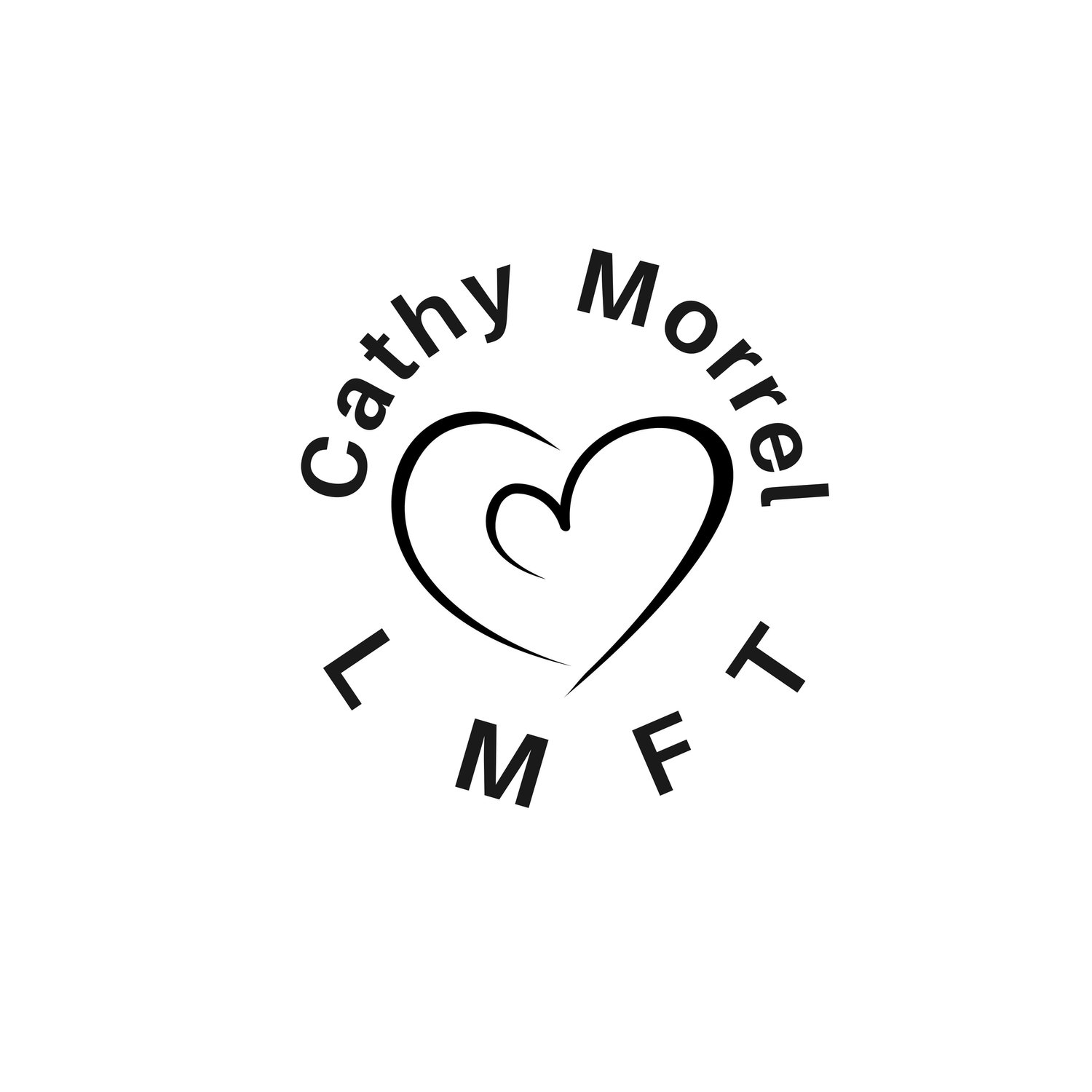The Power of Connection
The Power of Connection: Exploring Group Therapy for LGBTQIA+ Individuals
Group therapy can be a transformative and empowering experience for individuals who are part of the LGBTQIA+ community. It provides a unique space where individuals can connect, share experiences, and receive support from others who understand their unique challenges and identities. In this blog post, we will explore the benefits and considerations of group therapy for LGBTQIA+ individuals.
Group therapy offers a supportive community of individuals who share similar experiences and challenges. Being in a group with other LGBTQIA+ individuals can provide a sense of belonging, validation, and understanding. It creates a space where individuals can feel comfortable expressing themselves authentically and being accepted without judgment.
In group therapy, individuals can share their experiences and listen to the experiences of others. This process fosters empathy and connection as members realize that they are not alone in their struggles. Hearing stories from others who have faced similar challenges can provide hope, validation, and new perspectives.
Group therapy provides a safe environment for individuals to receive emotional support from others. Members can offer encouragement, empathy, and understanding as they navigate the ups and downs of their LGBTQIA+ journeys. The shared emotional support can help individuals feel validated, heard, and understood.
Group therapy offers an opportunity to develop and practice essential skills for managing mental health and well-being. Members can learn effective communication techniques, coping strategies, and problem-solving skills from each other. They can also receive feedback and support in a safe and nonjudgmental space.
Group therapy can bring together individuals from diverse backgrounds within the LGBTQIA+ community. This diversity fosters a rich exchange of ideas, experiences, and perspectives. It allows members to learn from each other's different identities, cultural backgrounds, and intersectional experiences.
Being part of a group provides an opportunity for peer learning and inspiration. Witnessing the growth, progress, and resilience of others in the group can be motivating and inspiring. Members can learn from each other's journeys, coping strategies, and personal insights.
Group therapy operates under strict confidentiality guidelines, creating a safe and trustworthy environment. Members can freely share their thoughts, feelings, and experiences, knowing that the information shared within the group will remain confidential. This fosters trust and encourages open and honest communication.
While group therapy can be highly beneficial, it's essential to consider a few factors when deciding to join a group:
Group dynamics: Different groups may have different dynamics, so it's important to find a group that feels comfortable and aligned with your needs and goals.
Facilitator expertise: Ensure that the group is facilitated by a mental health professional with expertise in LGBTQIA+ issues and group therapy.
Group size: Consider the size of the group and whether you prefer a smaller or larger setting.
Safety and inclusivity: Seek groups that prioritize creating safe and inclusive spaces for all members, valuing diversity and respecting individual identities.
Group therapy can be a transformative and empowering experience for LGBTQIA+ individuals. Through supportive community, shared experiences, emotional support, skill development, diversity, peer learning, and trust, group therapy offers a unique space for growth, healing, and connection. Consider exploring group therapy as part of your mental health journey, and remember that you are not alone—there is a community ready to support you on your path to well-being.

